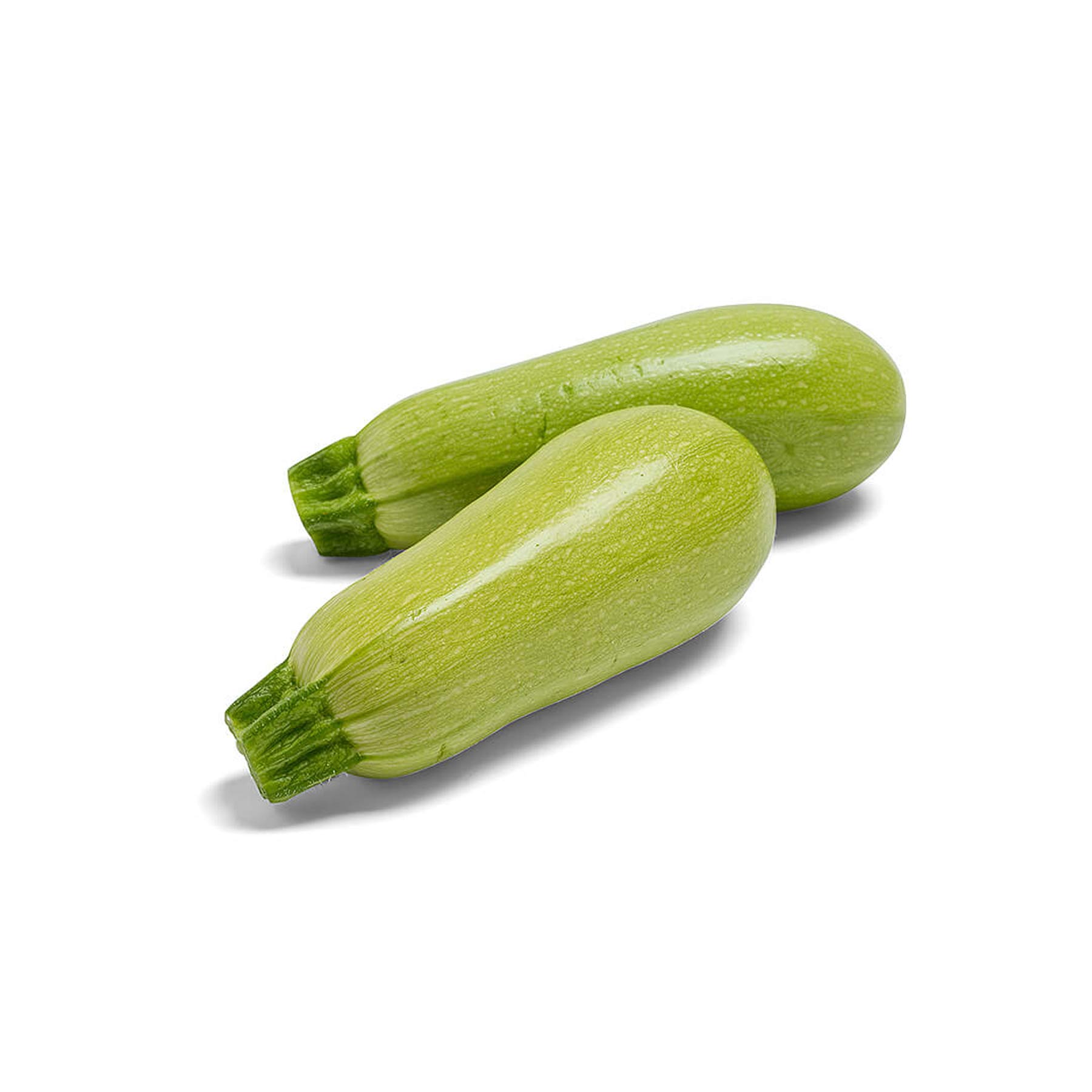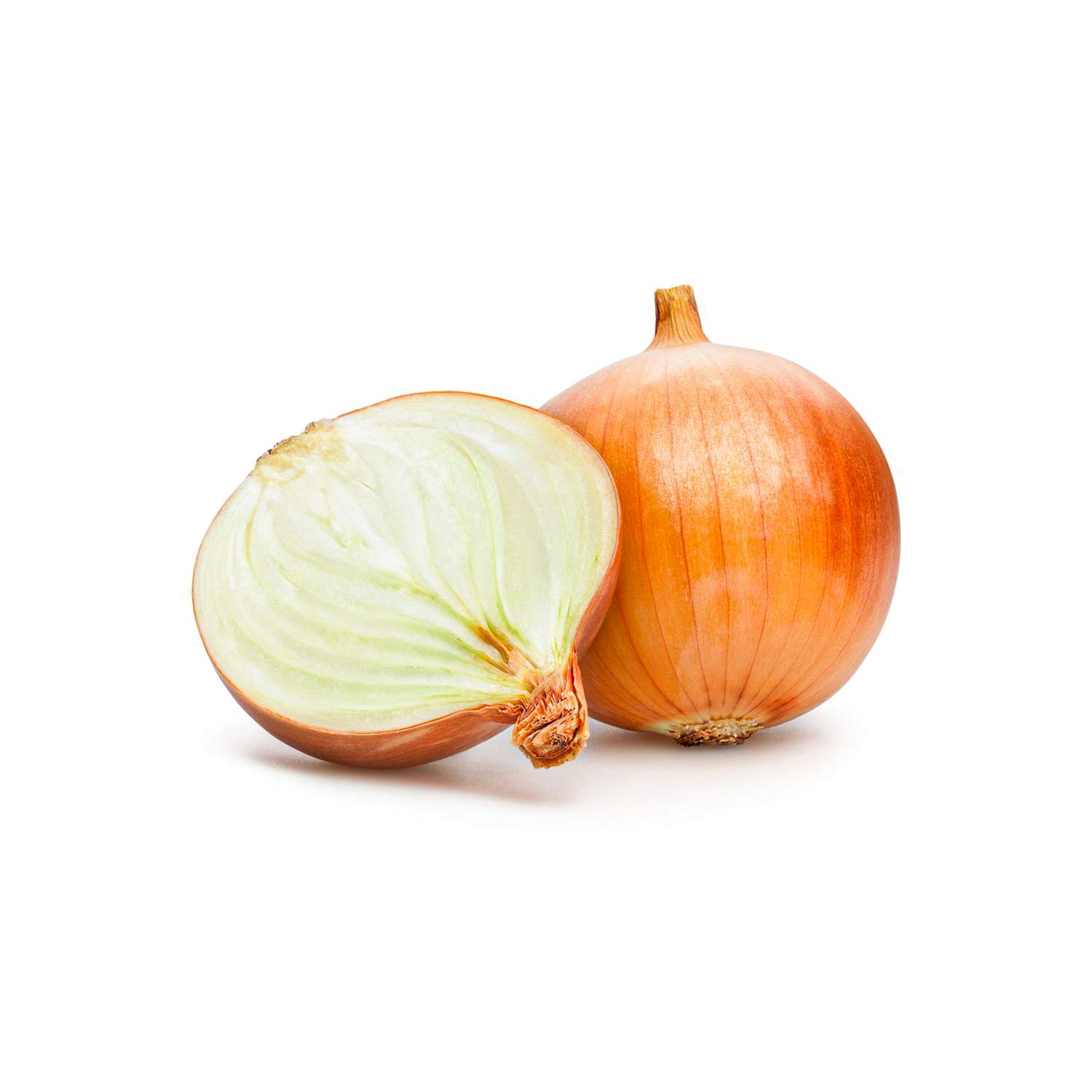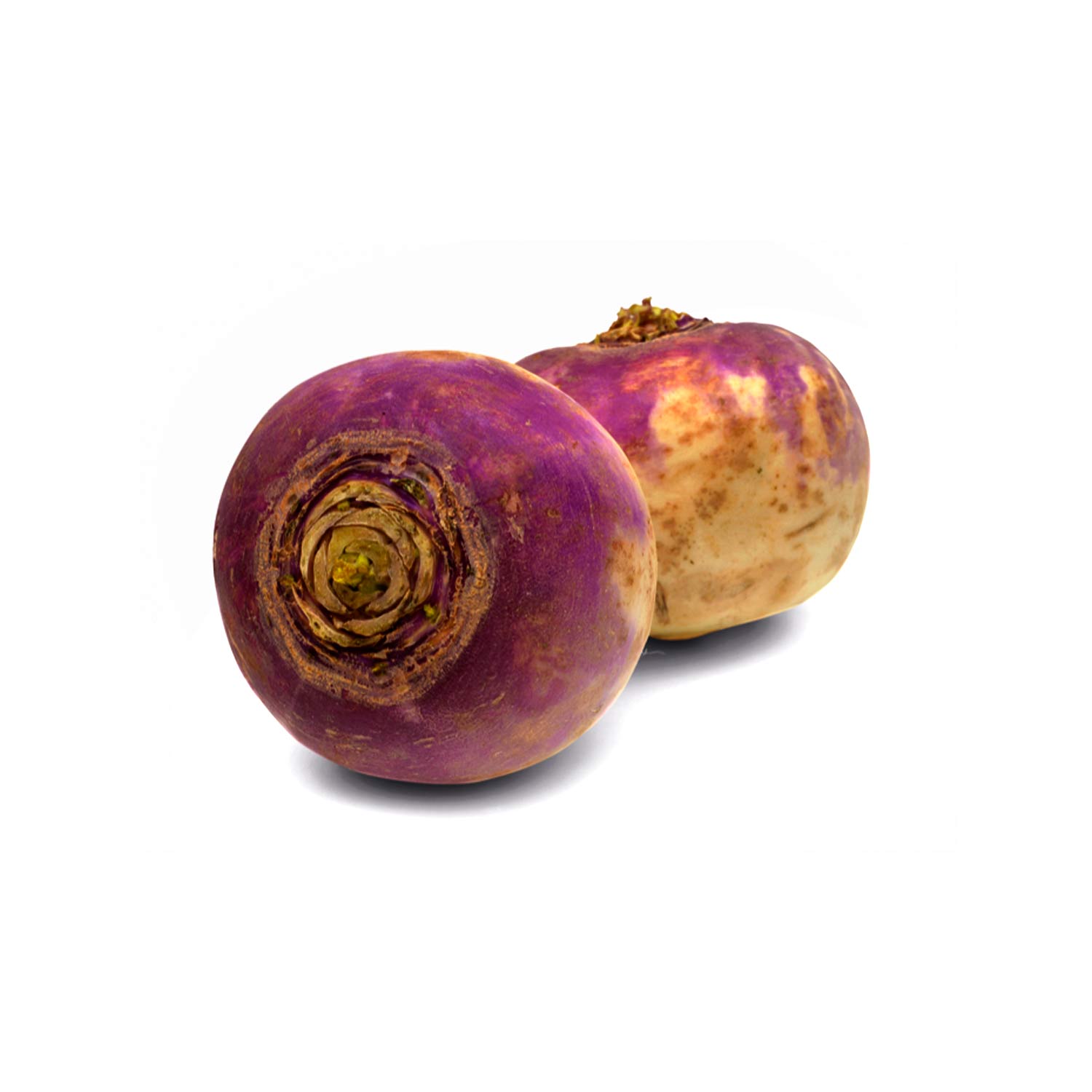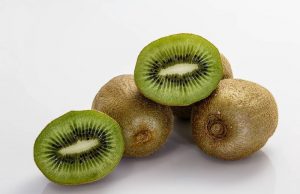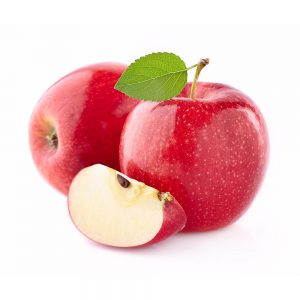A Nutritional Powerhouse
Discover the Health Benefits of Cucurbita
Cucurbita, commonly known as squash, includes popular varieties such as zucchini, pumpkin, and butternut squash. These versatile vegetables are not only delicious but also packed with essential nutrients that support overall health. In this article, we’ll explore the numerous benefits of incorporating Cucurbita into your diet and how it can enhance your well-being.
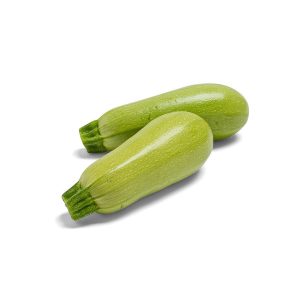

Nutritional Profile of Cucurbita
Cucurbita is a true nutritional powerhouse. It is rich in essential vitamins, minerals, and antioxidants that help support multiple bodily functions. Here’s a breakdown of what makes this vegetable family so valuable:
Rich in Vitamins and Minerals
First and foremost, Cucurbita is an excellent source of vitamins A and C. These vitamins are crucial for healthy vision, immune support, and skin repair. For instance, vitamin A promotes good eyesight and skin health, while vitamin C strengthens immunity and aids in collagen production.
High in Fiber
In addition, Cucurbita provides a generous amount of dietary fiber. Fiber plays a key role in regulating digestion, preventing constipation, and maintaining a healthy gut microbiome. Moreover, it promotes a sense of fullness, which can assist in weight management.
Low in Calories
Despite being nutrient-rich, Cucurbita is low in calories. Therefore, it is an ideal choice for anyone aiming to reduce or maintain their weight. You can easily include it in a variety of meals without significantly increasing your calorie intake.
Health Benefits of Cucurbita
Adding Cucurbita to your meals can lead to a wide range of health benefits. Let’s take a closer look:
Supports Heart Health
Thanks to its fiber, potassium, and antioxidant content, Cucurbita supports cardiovascular function. These nutrients help lower blood pressure, reduce cholesterol levels, and improve blood flow. Furthermore, some varieties—such as pumpkin seeds—contain omega-3 fatty acids, which further boost heart health.
Boosts Immunity
The high levels of antioxidants and vitamins in Cucurbita contribute to a stronger immune system. As a result, regular consumption can help your body fight off infections and reduce the severity of common illnesses.
Promotes Healthy Skin
Cucurbita is loaded with skin-supporting nutrients, especially vitamin A and antioxidants. These compounds aid in repairing damaged skin, reducing signs of aging, and protecting against free radical damage caused by environmental stressors.
Enhances Eye Health
Because it contains carotenoids like lutein and zeaxanthin, Cucurbita also plays a protective role in eye health. These antioxidants reduce the risk of age-related macular degeneration and improve visual clarity over time.
Regulates Blood Sugar Levels
Moreover, the fiber in Cucurbita helps regulate blood sugar by slowing the absorption of glucose. This makes it a helpful dietary addition for people with diabetes or those seeking stable energy levels.
How to Incorporate Cucurbita into Your Diet
Cucurbita is easy to prepare and works well in both savory and sweet dishes. Here are a few tasty and nutritious ways to include it in your diet:
Soups and Stews
Butternut squash or pumpkin can be blended into soups and stews, offering a creamy texture and rich flavor. This method is especially popular during colder months.
Roasted Dishes
For a simple yet flavorful side, roast diced zucchini or other Cucurbita varieties with olive oil, garlic, and herbs. Roasting enhances the natural sweetness and brings out their earthy aroma.
Salads
Raw zucchini adds a satisfying crunch when grated into salads. Alternatively, you can toss roasted squash chunks into your salad for a warm and hearty touch.
Smoothies
Surprisingly, cooked pumpkin or butternut squash makes a fantastic smoothie ingredient. Not only does it create a creamy texture, but it also delivers a nutrient-rich boost to your drink.
Baking
Pumpkin puree can be incorporated into baked goods like muffins, pancakes, and quick breads. This not only enhances flavor and moisture but also increases the nutritional value of your treats.
Final Thoughts
Cucurbita vegetables offer a compelling combination of flavor and nutrition. Because they’re rich in fiber, vitamins, and antioxidants—yet low in calories—they make a smart and versatile addition to any diet. Whether you’re aiming to improve heart health, support your immune system, or simply enjoy more plant-based meals, Cucurbita is a nutritious option you can rely on.

